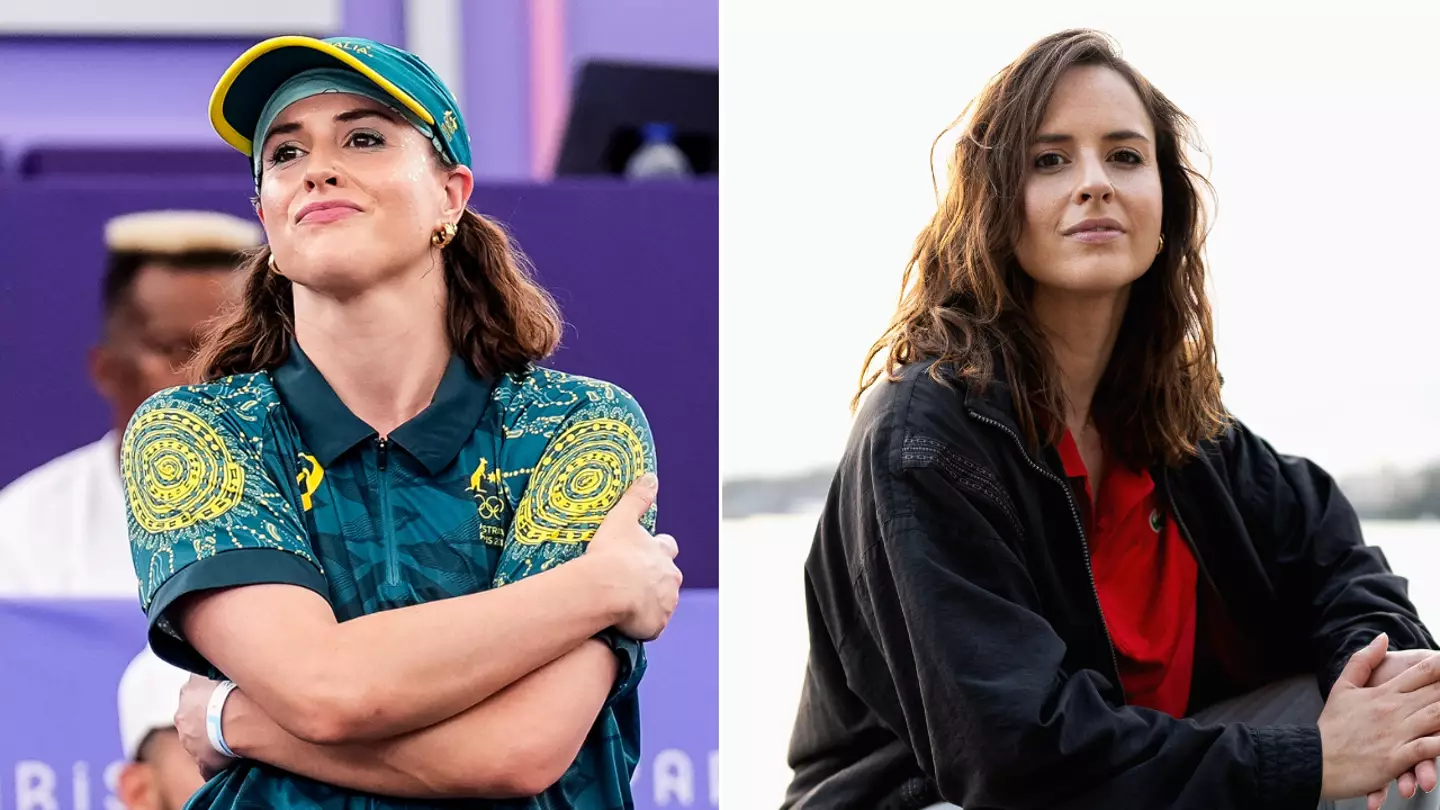
A family relative of breakdancer Raygun has spoken out after the criticism of her viral zero-point routine in the 2024 Olympics.
The Australian - real name Rachael Gunn - lost all three rounds of her breakdancing matchup at the Olympics and didn't score a single point, despite the judges praising her for her originality.
Raygun was selected to represent Australia in Paris after coming through the qualification phase, although other top breakdancers have claimed that the process effectively blocked them from making it to the Games.
Advert
Taking to Instagram following several days of controversy, the 36-year-old university lecturer said she had found the abuse 'pretty devastating'.
She also thanked those who had given her 'positivity', and admitted that she was proud of being able to call herself an Olympian.
Prior to the Games, Raygun revealed that she got into a new form of dancing after previously having experience in ballet, tap and ballroom dancing - although her family preferred her to do 'something that did not involve training on the streets at night'.
Advert
She added: "My coach has criticised me for being a little too cautious in breaking, but it has paid off. I've never been seriously injured in breaking - only twinges that were very easily fixed by physiotherapy."
After her routine, her father Andrew Free spoke out and criticised the way she had been judged in Paris.
He wrote on social media: "It was a pretty stacked competition and the judges were clearly looking for a certain style of breaking which is not Rachael's.
Advert
"Although they are supposed to mark five different aspects with each having the same weighting, in my obviously biased opinion they did not reward originality and musicality, so she was up against it.
"The main thing is she represented Australia and breaking at the Olympics with courage and dignity."